a beetle moment is when the universe winks at you.
Our marketing approach isn't based on thinking that we know better - it's based on visible results. It takes a meaningful experience to convince someone to change their beliefs or buying habits and overcome inertia. The same is required to make customers pay attention to you.
What is the story behind beetle moment?
Have you ever experienced a coincidence that felt like more than just a coincidence? We call those beetle moments. They’re rooted in universal truths and archetypes.
You are all in for a treat---yes, we're going to talk @WealthVoiceAI and voice technology but we're going deeper into Beetle Moments, the Universal forces that work alongside us and more.
— justincastelli (@jus10castelli) July 28, 2022
The next On Our PRST with @emilybinder drops tomorrow morning on YT and podcast players. pic.twitter.com/PRWnJZcp1A
The history and inspiration for the term “beetle moment”:
Carl Jung was a Swiss psychiatrist and psychoanalyst who founded analytical psychology. Jung's work has been influential in the fields of psychiatry, psychology, anthropology, archaeology, literature, philosophy, and religious studies. He is regarded as one of the most influential psychologists in history.
Swiss psychiatrist Carl Jung first introduced the concept of synchronicity: any instance of a perceived connection between two events. These events occur with no causal relationship yet seem to be meaningfully related.
A story that illustrates synchronicity comes from Jung's work treating one difficult patient. She was well educated, extremely rational, and psychologically inaccessible despite efforts on both sides. She thought she knew better.
Jung hoped that someday an irrational and unexpected event would break down her walls of intellectualism, opening her to the world of greater meaning.
One day, this patient recounted a dream in which she was given a golden scarab. Jung was sitting opposite her as she described the jewelry. Then he heard a gentle tapping on the window: it was an insect trying to get inside.
Upon opening the window, Jung reached out and caught the scarabaeid beetle mid-air. Its gold-green color closely resembled that of the golden scarab from her dream. He handed his patient the insect and said, "Here is your scarab."
“This broke the ice of her intellectual resistance.”
Now real change was possible.
A Very Brief History of Carl Jung and Sigmund Freud
Why this matters:
Jungian psychology relates to marketing via archetypes and universal truths - beetle moments occur when these truths appear.
The Human Mind and Universal Symbols:
Sigmund Freud and Carl Jung, two prominent psychologists during the early 20th century, shared a close professional relationship initially. However, they diverged in their theories concerning the human mind.
While Freud's focus was on individual unconscious and the significance of sexual instincts, Jung developed the concept of the collective unconscious and its link to archetypes. Jung believed that the collective unconscious held universal, inherited symbols and experiences known as archetypes, which shaped human behavior, emotions, and cultural expressions.
Brand archetypes are symbolic representations of different personality traits and characteristics that companies use to create distinct brand identities and establish deeper connections with their target audiences.
Jung’s fascination with archetypes stemmed from the belief that understanding them could provide insights into the profound connections between various cultures and the fundamental aspects of human nature. This emphasis on archetypes became a central pillar of Jung's analytical psychology, setting him apart from Freud and contributing to the eventual divergence between their theories.
Related podcast episodes:
Podcast show notes: Emily’s interview with Brian Roemmele about archetypes and marketing
Yes, your brand needs a beetle moment.
Our marketing approach isn't based on thinking that we know better, like Jung’s difficult patient. It's based on what works universally with the human mind. We combine ethos, pathos, and logos. You need all three.
It takes a meaningful experience to convince someone to change their beliefs or trust you. You have to tap into their subconscious because purchasing decisions are emotional, not rational.
Let’s find your beetle moment. Contact us to get started.












